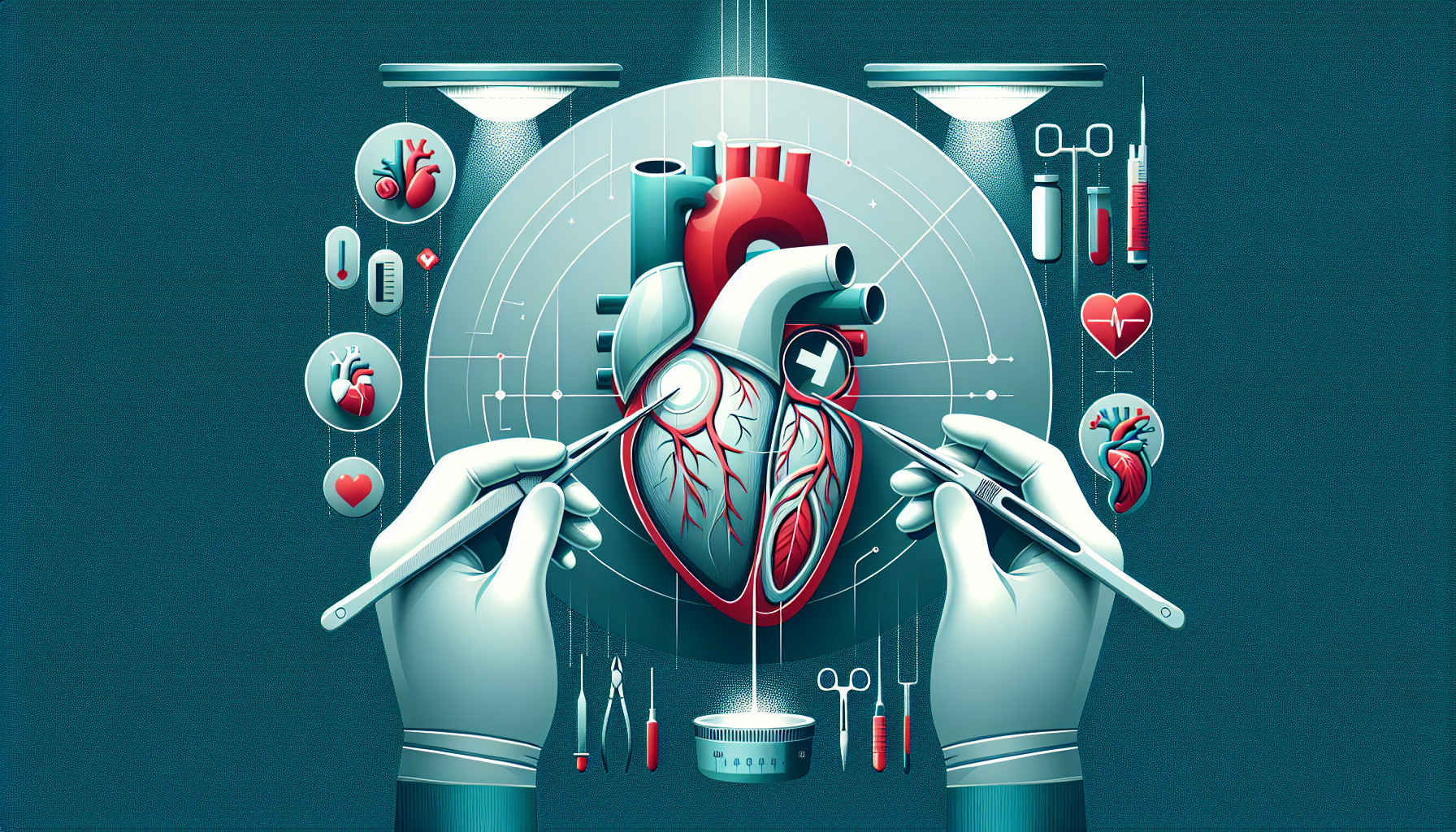Our Summary
The number of severe heart valve problems, such as stenosis and insufficiency, is on the rise, leading to more than 300,000 heart valve implants every year globally. The heart valve replacements used in clinics currently have a limitation - they cannot grow. This means that children who need these replacements will require multiple high-risk surgeries. This review paper discusses how tissue engineering strategies could help overcome these limitations. Tissue engineering can create innovative heart valve replacements that have shown to integrate and remodel in pre-clinical trials and have shown promising results in clinical studies. After describing the different types of heart valve tissue engineering, the review focuses on the clinical application of this technology. Specifically, the paper discusses the technical, clinical, and regulatory challenges that need to be addressed to ensure the clinical use and commercialization of these promising regenerative heart valves.
FAQs
- What is the main limitation of the current heart valve replacements used in clinics?
- How might tissue engineering strategies help overcome the limitations of current heart valve replacements?
- What are the challenges to the clinical use and commercialization of regenerative heart valves?
Doctor’s Tip
One helpful tip a doctor might tell a patient about valve replacement is to follow post-operative care instructions carefully to ensure proper healing and functioning of the new valve. This may include taking prescribed medications, attending follow-up appointments, participating in cardiac rehabilitation, and making necessary lifestyle changes such as maintaining a healthy diet and regular exercise. Additionally, it’s important to be aware of any symptoms of infection or complications and to contact your healthcare provider immediately if any concerns arise.
Suitable For
Patients who are typically recommended valve replacement include:
Patients with severe stenosis or insufficiency of a heart valve, leading to symptoms such as shortness of breath, chest pain, fatigue, and dizziness.
Patients with congenital heart defects that affect the function of a heart valve.
Patients who have undergone previous heart valve surgery and are experiencing complications or failure of the implanted valve.
Elderly patients who may not be suitable candidates for open-heart surgery but could benefit from minimally invasive valve replacement procedures.
Children and young adults who require heart valve replacements and would benefit from tissue-engineered valves that can grow and adapt with their growing bodies.
Timeline
Before valve replacement:
- Patient experiences symptoms such as shortness of breath, chest pain, fatigue, and dizziness due to heart valve disease.
- Patient undergoes diagnostic tests such as echocardiogram, MRI, and cardiac catheterization to determine the severity of the valve disease.
- Patient consults with a cardiac surgeon to discuss treatment options, including valve replacement.
After valve replacement:
- Patient undergoes valve replacement surgery, either through traditional open-heart surgery or minimally invasive techniques.
- Patient is monitored closely in the hospital for any complications or signs of rejection.
- Patient undergoes cardiac rehabilitation to regain strength and improve heart function.
- Patient continues to have regular follow-up appointments with their healthcare provider to monitor the function of the new valve and overall heart health.
- Patient may need to take medications such as blood thinners to prevent clot formation on the valve.
- Patient may need to make lifestyle changes, such as maintaining a healthy diet and regular exercise, to improve long-term outcomes.
What to Ask Your Doctor
What type of heart valve replacement options are available for me and what are the pros and cons of each?
How long will the valve replacement last and will I need any additional surgeries in the future?
What are the risks and complications associated with valve replacement surgery?
How long is the recovery process after valve replacement surgery and what can I expect during this time?
Will I need to take any medication or make lifestyle changes after the valve replacement surgery?
How often will I need follow-up appointments and monitoring after the surgery?
Are there any alternative treatments or therapies that I should consider before deciding on valve replacement surgery?
What is the success rate of valve replacement surgery for patients with similar conditions to mine?
Are there any clinical trials or research studies that I should be aware of regarding heart valve replacements?
What are the long-term implications of valve replacement surgery for my overall heart health and quality of life?
Reference
Authors: Dijkman PE, Fioretta ES, Frese L, Pasqualini FS, Hoerstrup SP. Journal: Transfus Med Hemother. 2016 Jul;43(4):282-290. doi: 10.1159/000448181. Epub 2016 Jul 26. PMID: 27721704
